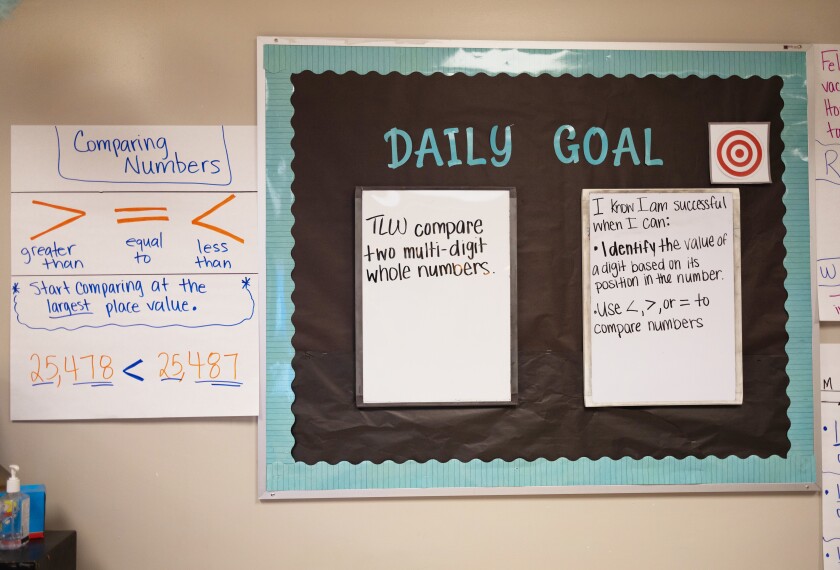When I was a kid, I hated math. I thought it was boring and a waste of time. I hated memorizing rules that didn’t seem to connect to anything in real life, and I couldn’t stand doing hundreds of exercises. The feeling was mutual; my math teachers were not particularly fond of me.
At home, my mother and I would spend hours doing puzzles and competing to see who could solve them first. If I won, I would get a dollar toward my allowance. I loved puzzles, not just because they were how I made my money, but because they were fun and challenging. I could feel myself improving. Very quickly, my mother had to change the rules of the game because I was becoming quite the little tycoon!
I had no idea that what I was doing with my mother was actually math. It wasn’t until I got to college that I realized that mathematics is not just memorizing formulas in a classroom, but is actually more closely related to what I was doing with my mom as a kid. Math gives us the tools to solve the world’s puzzles.

As a doctoral student in mathematics at MIT, I feel the same rush and joy when I’m working on a hard proof or problem as I did back in my mother’s kitchen as a kid. It doesn’t even feel like work. As with football (a sport I play professionally), it fires my competitive instincts—only in math, the competition comes from math problems that many have tried to solve and failed. Unlike a game, there is nothing unnecessary about it. The work I’m doing relates to everything from artificial intelligence to dealing with massive amounts of data.
One of the most challenging things we face is getting students excited about math and science. Building a strong foundation in math and science is critical to help set students up for success in the classroom, in college, and beyond. Math education isn’t just about solving problems in the classroom; it’s an exercise in training to help students solve the problems they will face in life.
I want students to see that math extends far past the confines of the classroom and into everyday life."
To show kids that math is rooted in real life—and that it can be fun—I’ve recently partnered with the technology company Texas Instruments to explore the “STEM behind sports” in a new program. The program consists of a series of activities that allow students to explore the science, technology, engineering, and math behind some of their favorite sports. In one activity about football, students must use math and science to investigate the path of a field-goal kick in order to win the game.
I want students to see that math extends far past the confines of the classroom and into everyday life. I also want them to appreciate that math is cool. In fact, the older I’ve gotten, the more I’ve found that when people want to talk about what I’m doing, they don’t want to talk about football. They want to talk about math. Even my teammates think it’s interesting.
Math isn’t just about calculations or memorizing formulas. Math is everywhere we look. It’s in the science behind a perfect football spiral, the velocity of a game-winning three-point shot in basketball. It’s in the ratio of ingredients you measure when you’re cooking. It’s even in how you budget to save for your first car. When I was a kid, I didn’t realize that math was training my brain to solve these types of problems.
Every day, we make hundreds of decisions that are informed by our quantitative judgment. Most of the time, we don’t even realize it. When you’re packing a lot of things into a small bag, you have to think geometrically. When you’re planning a schedule or dividing your time, you’re thinking quantitatively. When you’re trying to decide between two different options, you’re thinking analytically.
As a kid, I had no idea that I would become a mathematician. But in some sense, everybody has to become a mathematician. We all face problems that require mathematical concepts. The better we can solve them, the better off we’ll be.



